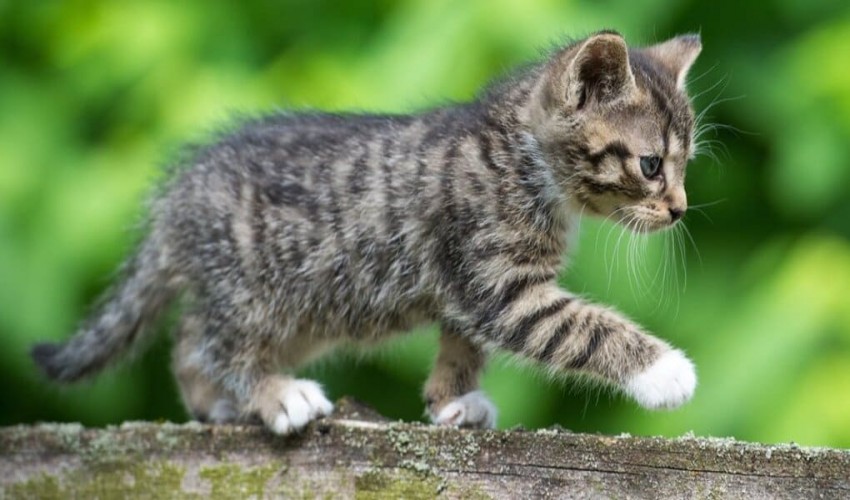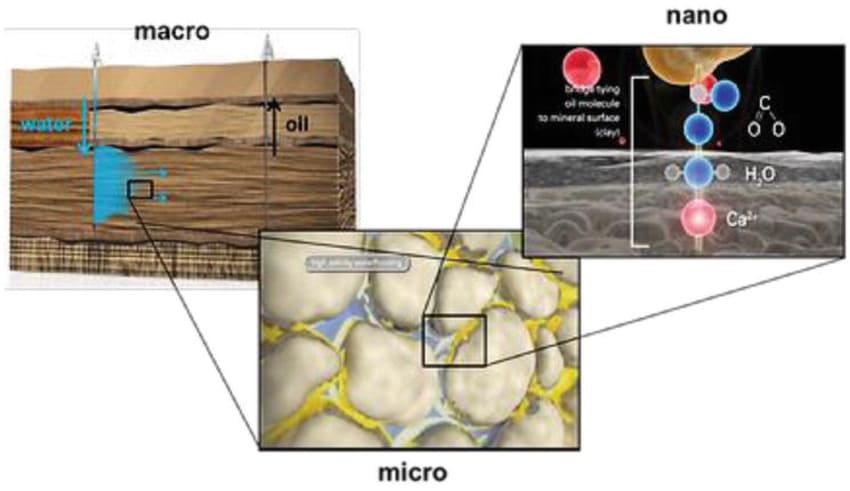Petroleum Engineering
7
A sapphire Schrödinger’s cat shows that quantum effects may scale up
- Rating
- quantum
- cat
- atom
- physicist
- superpositions
- particles
- physicists
A recently developed quantum "cat" is exceptionally enormous, at least for the quantum domain, although it follows in the grand heritage of tubby cats.
A slice of sapphire crystal was placed in a "cat state," in which it has properties of both a solid and a liquid. This predicament makes me think of Schrödinger's cat, a fictional cat beloved by physicists for being both alive and dead at the same time.
Scientists reveal the new sapphire cat weighs in at a hefty 16 micrograms in the April 21 issue of Science. More than a hundred trillion times the mass of cat states previously generated with molecules; that's almost half the mass of an eyelash. According to physicist Yiwen Chu of ETH Zurich, "we've reached a new regime where quantum mechanics apparently does work."
A cat is both alive and dead at the same time due to quantum phenomena in a thought experiment developed by scientist Erwin Schrödinger in the 1930s (SN: 5/26/16). This seeming contradiction never occurs in real life. Although subatomic particles can superimpose (exist in) two different states at once, these effects cancel out for objects on the scale of a cat.
The realm of atoms, molecules, and the like is often where quantum effects are observed. The observable, daily world does not have quantum qualities. Certain extremely small objects can be coaxed by scientists to exhibit quantum properties (SN: 4/25/18). Researchers have unable to pin down exactly where the quantum and classical worlds diverge.
"We really have only just begun to understand that intermediate regime," says Benjamin Sussman of the University of Ottawa, who was not involved in the new study. The scaling and behavior of these quantum systems is of "really profound interest."
There is a subset of quantum activity known as "cat states" that comes very close to recreating Schrödinger's hypothesis. Instead of being superpositions of two states that only exist in the quantum domain, like the energy levels of an atom, they are superpositions of two states that are distinct according to the classical physics that defines the everyday world, like an alive or dead cat.
In the latest experiment, the sapphire crystal was jiggled in such a way that its atoms migrated in opposite directions. According to Chu, that's a crucial difference that "captures the spirit" of Schrödinger's cat.
Only a fraction of the crystal, made up of 100,000,000,000,000 atoms, was quaking. According to Chu, if that were separated from the rest of the crystal, it would be plain to see.
However, the atomic vibrations were extremely minute, measuring only a millionth of a billionth of a millimeter. Despite having fewer constituent atoms, previous demonstrations of cat states have shown far greater spatial separation.
Sussman has said that in future studies, he hopes to see the researchers increase both the mass and the size of the oscillations. "That will be extremely challenging, but also very fascinating."
CITATIONS
M. Bild et al. Schrödinger cat states of a 16-microgram mechanical oscillator. Science. Vol. 380, April 21, 2023, p. 274. doi: 10.1126/science.adf7553.
Leave a Reply
Your email address will not be published. Required fields are marked *


